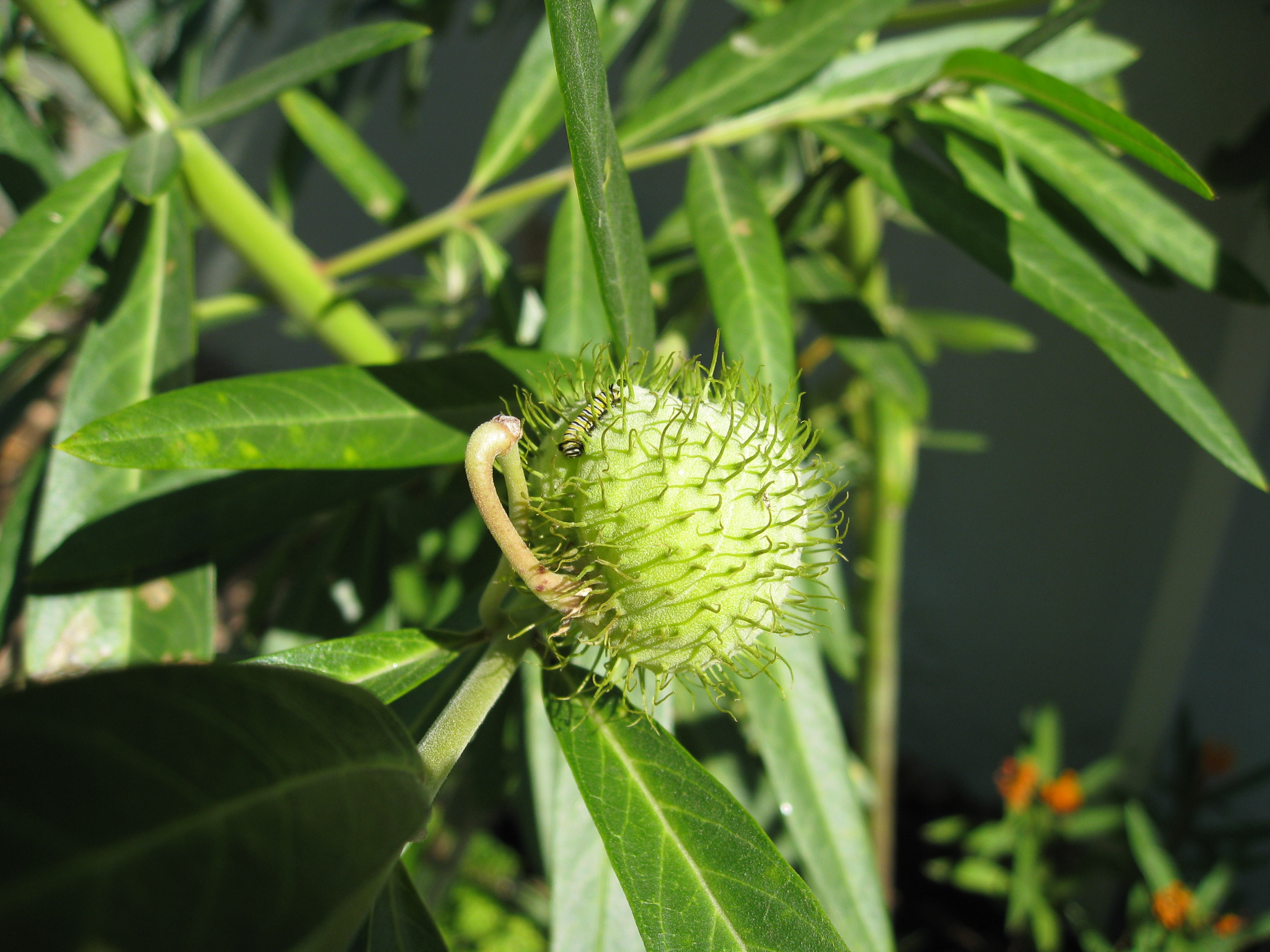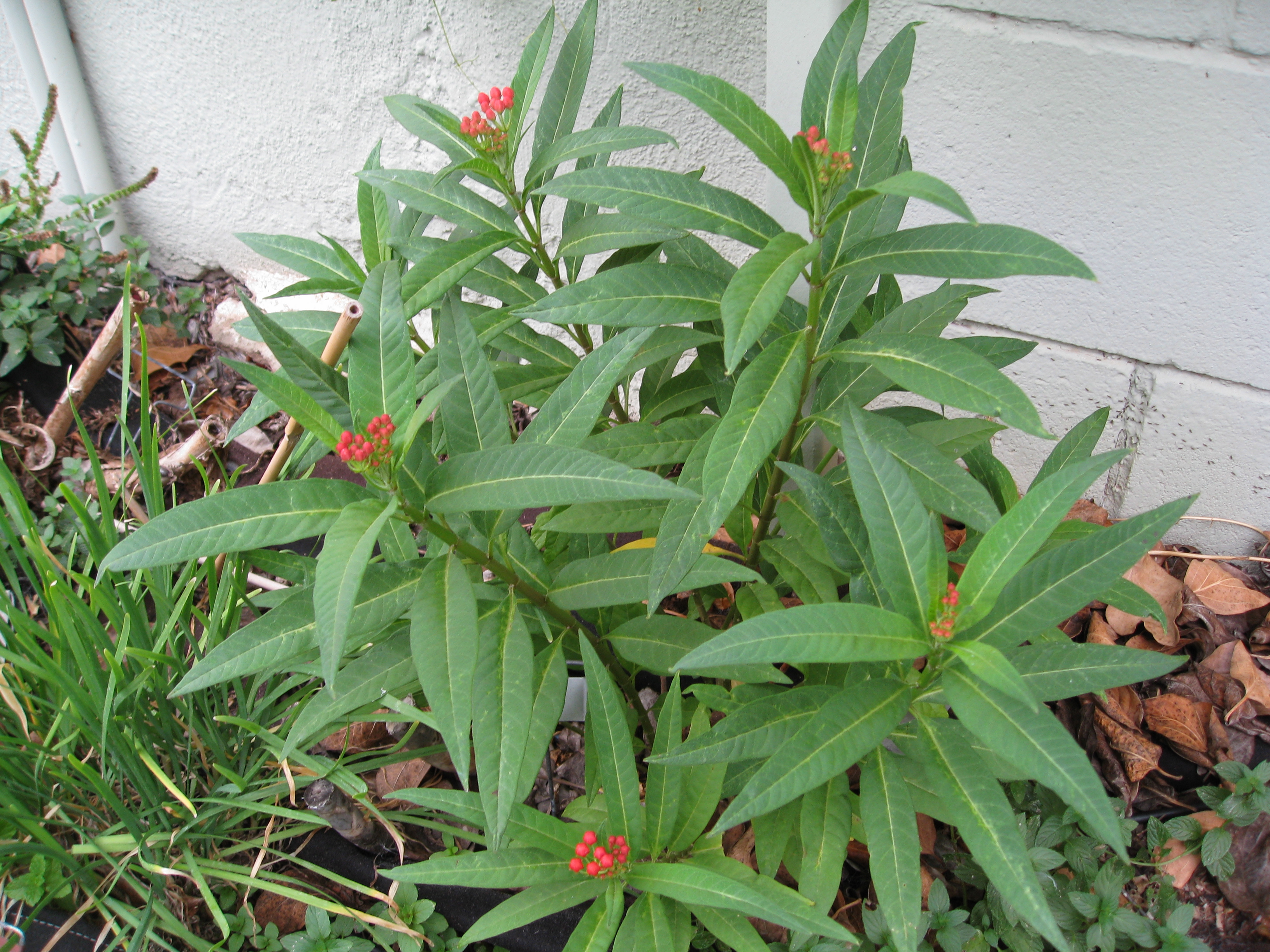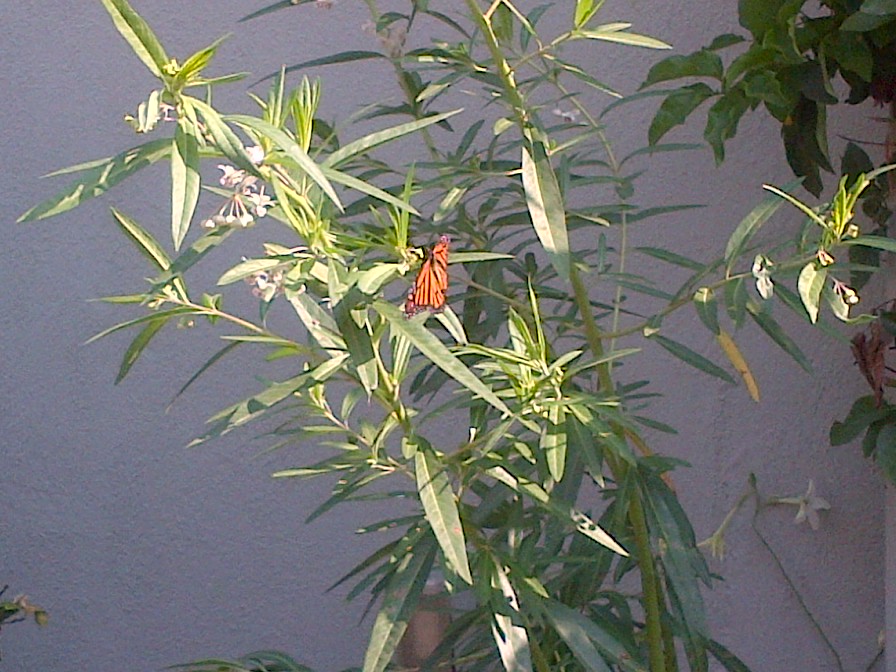A question came into Ask Gardenerd this week about milkweed plants and seeds:
“Could you please recommend a reliable source to buy African milkweed? I would like to grow some in Rochester NY. Is this the correct kind for my area, by the way? Thank you, Julia Joshpe”

Hi Julia, while African Milkweed is beautiful and fun to grow, it’s not a native milkweed in New York. Take heart, though. We found a site that has plenty of recommendations for milkweed for New York gardenerds.
It’s called GrowMilkweedPlants.com and we did a search to find what types of milkweed are native to New York. Here’s what we found:
Native New York Milkweed Varieties
| Butterfly Weed, Asclepias tuberosa Clasping milkweed, Asclepias amplexicaulis Common milkweed, Asclepias syriaca Fourleaf milkweed, Asclepias quadrifolia Green comet milkweed, Asclepias viridiflora Poke milkweed, Asclepias exaltata Purple milkweed, Asclepias purpurascens Red milkweed, Asclepias rubra Redring milkweed, Asclepias variegata Swamp milkweed, Asclepias incarnata Whorled milkweed, Asclepias verticillata |

The site offers a list of native milkweed by state as well as information on where to buy seeds for many of the varieties. The best place to start, if you can’t find seeds on that website, is to check with your native plant society or local seed library to see what they have to offer.
Non-native milkweeds tend to harbor pathogens that unwittingly destroy our Monarch butterfly population. Tropical milkweeds (African milkweed is one) in particular are the culprit because they don’t die back during the off-season, leaving a place for pathogens to propagate. Now Rochester, NY is gets freezing temperatures over the winter, so you probably don’t have to worry about it, since your milkweed most likely dies or goes dormant under a blanket of snow every winter.
Still, growing native milkweed for your climate is the best way to support your local pollinators and native population of bees, butterflies, and other beneficial insects.
Thanks for writing in, Julia. I hope this helps.


I have a small (@ 80’x40′) backyard in Central New York. Very hard to even get grass to grow. Lots of shade areas, hard soil with exposed tree roots, large mature maples. Love fireflies, butterflies, furred and feathered beings of all sorts. Would you have any suggestions on how I can help this small plot (in city, fairly quiet neighborhood) return to a more natural critter friendly environment? Any help would be greatly appreciated. Thank you and be well.
Mark, stay tuned this week for a podcast that will address your question. My guest Kim Eierman’s new book The Pollinator Victory Garden will guide you in the right direction. That will be posted on Thursday this week. Have a listen and see if that answers some of your questions.
I see monarch butterflies in my back yard, but I don’t see any milkweed.
Is this strange?
please reply to xellmanx@aol.com
Paula, Monarchs love other flowers too, like Tithonia (Mexican Sunflower) and others. Their main source of food is milkweed. It’s possible that it is other yards nearby and they are passing through yours. If you decide to plant milkweed in spring, make sure it is a variety that is native to your region. Avoid tropical milkweed unless you plan on being diligent about cutting it down in fall.
That was a great question by Christy. Thank you for the reference to the website I created to help people find native milkweeds. As was mentioned the African Milkweed can grow in NY but is it the best plant for the place? Probabaly not. Pros: quick growing annual that starts quickly from seed. Cons: An annual that is’t hardy for NY and will need to be started each year. The long term cost is higher and there are questions as to the possible negative ecological impact of growing a (NY) exotic milkweed. My top pics would be common milkweed and butterfly weed. Redring milkweed if there is partial shade and swamp milkweed for a wet location and also does well in part shade. Whorled milkweed shouldn’t be overlooked and is easy to start from seed.
Great list!